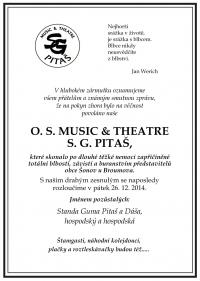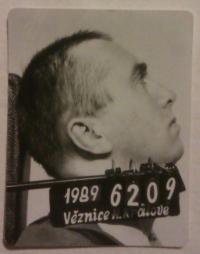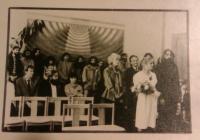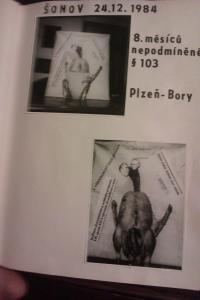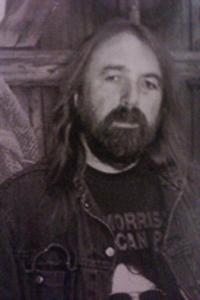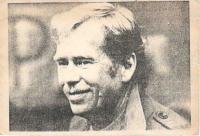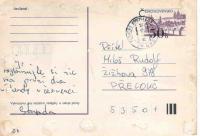The most important of all is to find a place where you belong

Stáhnout obrázek
Stanislav Pitaš, also known by his nickname ‘Guma,‘ was born in 1957 in the village Kocbeře in eastern Bohemia. He trained as a road construction worker and for the most of his life he was earning his living as a labourer. He became involved in the dissent movement and the underground community and he signed Charter 77. His friendship with the family of Václav Havel and the community in Nová Víska near Chomutov resulted in the State Security being permanently interested in him. Between 1985 and 1989 he was imprisoned three times: for disrespect to the president, for attacking a public official, and for stealing socialist property. His mother died while he was serving his last prison term. After the Velvet Revolution and his release in amnesty he became a member of a screening committee during the closing down of the prison in Žacléř and later he was also working in the screening committee for the police. In his hometown Šonov he has been organizing various concerts and other cultural activities for many years. In 2006 he became the vice-mayor of Šonov.
